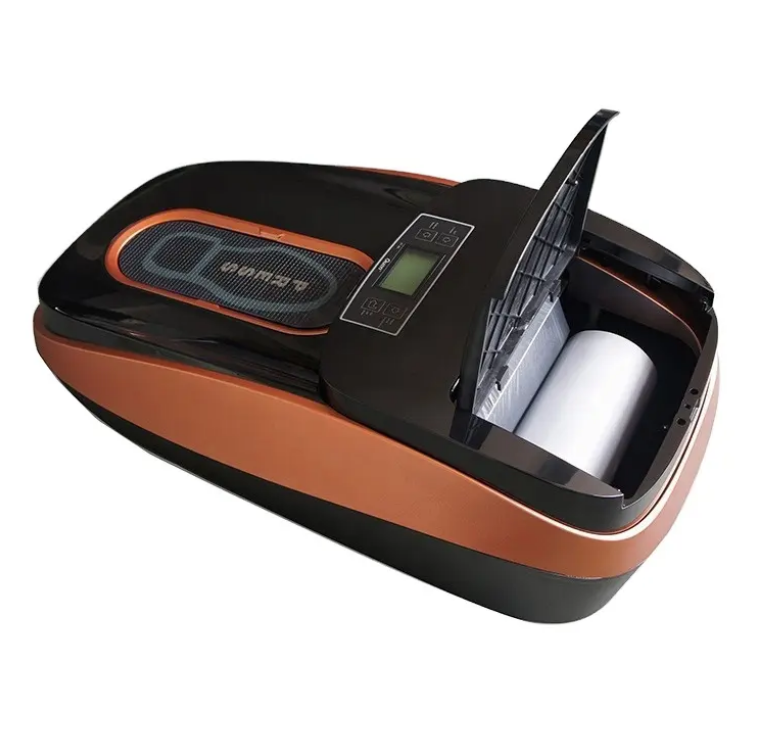As an indispensable and important component in the industrial and engineering fields, hydraulic cylinders have a wide range of applications, from construction machinery to automation equipment, to aerospace and military equipment. However, different application scenarios have different requirements for hydraulic cylinders, and standard products are often difficult to fully meet specific needs. Therefore, customized services for hydraulic cylinders have emerged to provide users with more accurate and personalized solutions. This article will explore the possibility, necessity, and implementation methods of hydraulic cylinder customization.
1. The necessity of hydraulic cylinder customization
Special working conditions: In special environments such as extreme temperature, high pressure, high corrosion, or high vibration, standard hydraulic cylinders may not work stably, and customized designs are required to adapt to these conditions.
Size and space limitations: Some installation spaces are limited, and standard-sized hydraulic cylinders may not be suitable. Customization can ensure that hydraulic cylinders are perfectly integrated into existing systems.
Performance optimization: For applications that pursue high efficiency, high precision, or low energy consumption, customized hydraulic cylinders can be used to optimize performance parameters such as stroke speed and load capacity.
Special functional requirements: If built-in sensors, special buffer devices, or specific sealing methods are required, these can be achieved through customization.
Cost control: In some cases, reducing unnecessary functions or materials through customization can reduce overall costs.
2. Contents of hydraulic cylinder customization
Size customization: According to the specific needs of customers, adjust the diameter, stroke length, installation size, etc. of the hydraulic cylinder to ensure seamless connection with the existing system.
Material selection: For different use environments, materials such as stainless steel, aluminum alloy, special alloy steel, etc. can be selected to improve corrosion resistance, and strength or reduce weight.
Sealing solution: According to the working pressure and medium characteristics, design a suitable sealing structure, such as an O-ring, V-ring, or other advanced sealing technology to ensure long-term leakage-free operation.
Surface treatment: Such as nickel plating, galvanizing, or spraying anti-corrosion coating to enhance the durability and corrosion resistance of the hydraulic cylinder.
Accessory integration: Such as integrated displacement sensor, pressure sensor, temperature sensor, etc., to achieve intelligent monitoring and management.
Buffering and shock absorption design: For high-speed movement or heavy-load applications, design a special buffer mechanism to reduce impact and noise.
Special interface: According to different connection methods, design flanges, threads, earrings, and other interface forms.

3. The process of hydraulic cylinder customization
Demand analysis: Communicate in-depth with customers to understand key information such as application scenarios, performance requirements, budget constraints, etc.
Preliminary design: Based on customer needs, conduct conceptual design and preliminary plan formulation, including structural layout, material selection, etc.
Detailed design: Refine the design drawings, including specifications, dimensions, tolerances, and other information on all components, and conduct mechanical analysis and simulation verification.
Sample production and testing: Manufacture prototypes or small batch samples, and conduct rigorous performance tests and life tests to ensure that design requirements are met.
Feedback and adjustment: Make necessary adjustments and optimizations to the design based on test results and customer feedback.
Mass production: After confirming the final design plan, enter the large-scale production stage, and establish a quality control system to ensure the quality consistency of each product.
After-sales service: Provide installation guidance, maintenance recommendations, and troubleshooting support to ensure that customers can fully utilize the advantages of customized hydraulic cylinders.
4. Advantages of hydraulic cylinder customization
High adaptability: Customized hydraulic cylinders can accurately match the specific needs of customers, whether in terms of size, performance, or functional requirements.
Improve efficiency and reliability: By optimizing the design, the working efficiency and service life of the hydraulic cylinder can be significantly improved, and downtime and maintenance costs can be reduced.
Innovation-driven: Customized services promote technological innovation and application expansion, and promote the development of hydraulic technology and industry progress.
Enhance competitiveness: It provides enterprises with a means of differentiated competition, which helps to open up the market and attract more customers.
The customization of hydraulic cylinders is not only a response to market demand, but also a manifestation of technological progress and industrial upgrading. As the manufacturing industry develops towards intelligence and refinement, customized services for hydraulic cylinders will become a trend, providing more efficient, reliable and personalized power solutions for all walks of life. Whether it is a large-scale engineering project or precision instrument manufacturing, customized hydraulic cylinders will become an important tool to improve system performance, reduce costs and enhance competitiveness.
As a hydraulic cylinder factory from China, we are well aware of the importance of customized services. Faced with diverse market demands, we are committed to providing highly adaptable hydraulic cylinder solutions. Whether it is high-pressure resistance and corrosion resistance under special working conditions, or size customization under space constraints, we can achieve it through professional design teams and advanced manufacturing processes.
www.toringcylinder.com
Ningbo Toring Machinery Manufacturing Co., Ltd.


More Stories
How Automatic Shoe Cover Dispensers Are Revolutionizing Cleanliness in High-Traffic Areas
Why Automatic Shoe Cover Dispensers Are Becoming Essential in Modern Facilities
How Self-Priming Sewage Pumps Improve Wastewater Handling Efficiency